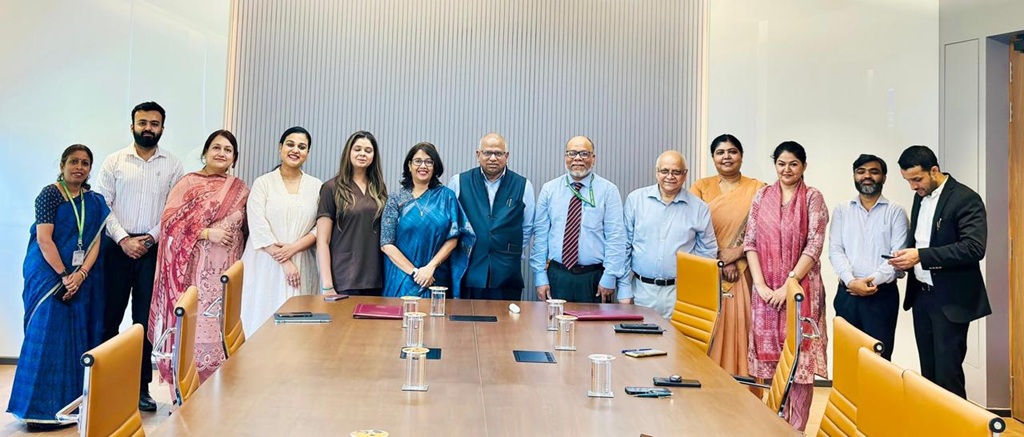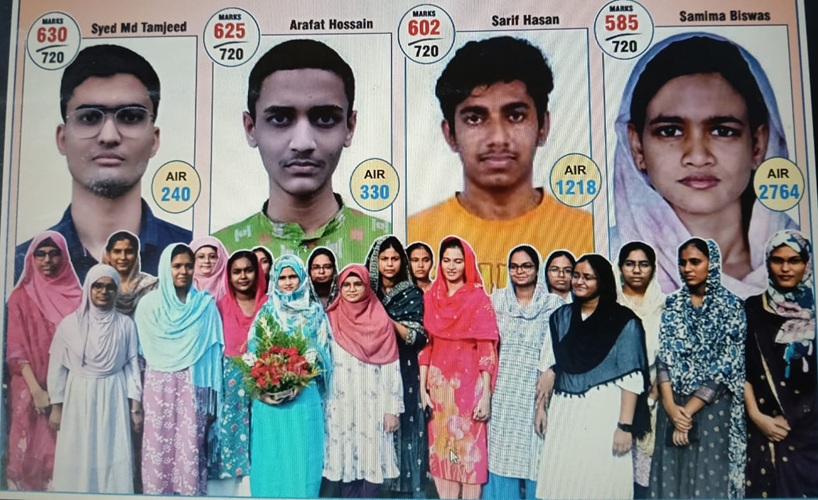For the functioning of a healthy democracy, it is imperative that the people feel that their rights and dignity are protected and recognised, and expeditious adjudication of disputes is the hallmark of a healthy democracy, said CJI N.V. Ramana
NEW DELHI — Chief Justice of India (CJI) N.V. Ramana on Saturday said peace shall only prevail when people’s dignity and rights are recognised and protected.
The CJI, who made the remarks after laying the foundation stone of a new high court building complex in Srinagar, emphasised that mere laws were not enough to build tradition, it requires men of high ideals to infuse life in the skeleton of law.
“Denial of justice would ultimately lead to anarchy. Soon the institution of judiciary would be destabilised as people will look for extrajudicial mechanisms. Peace shall only prevail, when people’s dignity and rights are recognised and protected.”
In the speech, he quoted poet Ali Jawad Zaidi to reflect his sentiments of famous Urdu poet Rifat Sarfarosh.
“As poet Raja Basu, an admirer of Kashmir observed, Jammu and Kashmir is the confluence of three great religions — Hinduism, Buddhism and Islam. It is this confluence which is at the heart of our plurality which needs to be sustained and cherished,” said Justice Ramana.
He emphasised that for the functioning of a healthy democracy, it is imperative that the people feel that their rights and dignity are protected and recognised, and expeditious adjudication of disputes is the hallmark of a healthy democracy.
“Mere laws are not enough to build tradition in a country. It requires men of indelible character inspired by high ideals to infuse life and spirit in the skeleton of the laws,” the CJI said.
“Dear Judges and judicial officers, you play a very significant role in our constitutional scheme. The common man always considered the judiciary as the ultimate guardian of rights and liberties.”
He said often, litigants are under a lot of psychological stress and they may be illiterate, unaware of law and have various financial issues and the judges should try to make them feel at ease.
Justice Ramana said sadly, post-independence, judicial infrastructure has not been over-hauled to meet the demands of growing needs of modern India.
“We are far behind in making our courts inclusive and accessible. If we don’t attend to this urgently, the constitutional ideal of access to justice would stand defeated… The condition of judicial infrastructure across the country is far from satisfactory. Courts are operating from rented accommodations and under deplorable conditions.”
The CJI added that one of the major challenges to the protection of rule of law and human rights is the inability of the formal justice system to deliver speedy and affordable justice to all.
“The justice delivery mechanism in India is very complex and expensive. The judiciary must be at its innovative best to ensure that the challenges to its working are met with just and constitutional measures”, he said and added that in a country like India, where a vast digital divide still exists, much needs to be done in order to harness the full potential of technological innovations.
Citing Winston Churchill, the CJI said: “We shape our buildings; thereafter they shape us… Although the persons who will occupy this building would be the members of the Bar, the Bench and their support staff, we must not forget that the focal point of any justice delivery system is the litigant, who is the justice seeker.”






0 Comments